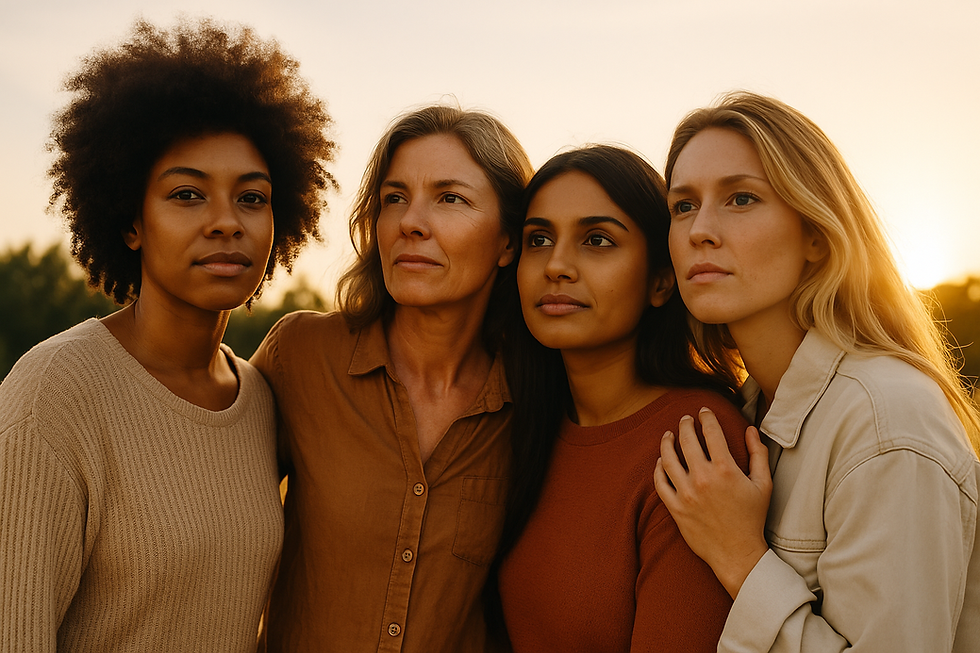Camera Purchasing Advice for Newbies & Amateurs
- Robyn Davie

- May 24, 2018
- 4 min read
I do often get asked for my advice on the best cameras to buy that I thought it was about time to put together a little blog post with my tips and advice.

I'd like to start out by saying that I am in no way an expert. The best person to really chat to is a specialist at your local camera store. Be real honest about what you'd like to achieve, the type of photos you're looking to take, and the level of experience that you have, and your local camera store will be able to help you out (personally I recommend Kameraz in Rosebank, for the Johannesburg readers).
Another great way to try out gear before purchasing is to hire it for a couple of days or a weekend. I use A Lens For Hire in Sandton whenever I need extra gear. Have a look through their website, and possibly hire the camera and lens you're thinking of purchasing for a weekend to test run it.
And now, for a few basics. (And my aim is to keep the technical jargon to a minimum in this post)
First up, there's so much you can do with what you have already.
Before investing in an expensive camera, challenge yourself to be better with what you have. Camera phones are really starting to achieve amazing things, and if you have a top of the range iPhone, Samsung or similar, these devices are coming with incredible cameras these days.
Read up on how to better make use of light, perfecting framing and composition, how to take better holiday pictures, my own personal five tips for taking better pics of your toddler, and using your smartphone camera effectively.
All of this can be done with a phone camera! Many of my behind-the-scenes pics and holiday snaps are taken with my phone, which is the iPhone SE, and I'm very happy with the quality.
Then cameras.
Personally I find three main divides within cameras: the point-and-shoot, the semi-professional and the professional.
I used to love my point-and-shoot Sony Snapshot. These days you can get better quality photos on a phone however :p
The semi-professional and professional world of cameras brings a hefty price tag to your purchases. And be aware that if you're planning on buying a camera of this caliber and only shooting in automatic then you may as well continue to shoot on your phone camera.
So be prepared to invest in classes & tutorials and make use of online resources to really truly make this purchase worthwhile.
The automatic function on many of these cameras will take better photos than your phone, but you won't notice a remarkable difference in your photography unless you are investing time and money into being a better photographer.
You can buy a top-of-the-range Smeg oven, but it's not going to bake beautiful wedding cakes unless you put the effort into learning how to be a better baker.
One of the biggest challenges I've faced as a photographer is the financial constraints around purchasing new gear, which in retrospect has allowed me to really challenge myself and grow. It's taken me a long time to have a set up of gear that I'm confident and happy with (though, sure, I do plan on another upgrade soon), but while faced with lesser quality gear I really had to rely on my creative eye, using magic hour to my full advantage, and being the best photographer I could possibly be without the best possible equipment.


Semi-professional cameras are great if you're looking to take better holiday snaps.
For me personally I like the Fujifilm XT10 with a 23mm fixed lens for my holiday and around-town pics. It's much smaller than my professional camera, nice to pop into my handbag or backpack while exploring, and takes gorgeous photos. It also handles well at nighttime.
Professionally I use the Nikon D750, and I very rarely take my 50mm lens off of it. Both of these are known for their lowlight capabilities.
I am a big Nikon fan, to some extent because it is the first brand of DSLR camera that I ever bought, but also just because I find the gear itself works well for me, I'm a big believer in brand loyalty, and because I honestly feel the colour capture and quality on my Nikon is better in comparison to a similar Canon.
I decided to invest in Fuji for many of the same reasons.
A quick word about lenses - more often than not it's worth splurging out a bit to get a better quality lens than the one that comes with the camera, i.e. the 'kit lens'. Often this kit lens is an inferior lens, which is why it is sold for such a reasonable price.
If you'd like me to tell you which camera out of two options is the better one for you to buy, well, I just simply don't know. If you're choosing between Nikon and Canon, I'd say go for the Nikon :p
There are TONS of articles online breaking down the specs of different cameras, and comparison pieces on every possible model. Simply type "Canon 700D VS Nikon D5300" (for example) into Google and it'll tell you exactly what you're getting.
Best of luck with your camera purchase :) Just remember to keep a little bit of that budget aside for learning how to use it effectively!

#camerapurchasingadvice #howtobuyacamera #whytobuyacamera #takingbetterphotoswithyourphone #cameravsphonephotos #lifestyleeventsphotosjohannesburg #weddingrobyndaviephotographer #robyndaviedestinationweddingphotographer #robyndaviejohannesburgwedding #associatephotographerreamrobyndavie #robyndavieassociatephotographers


Comments